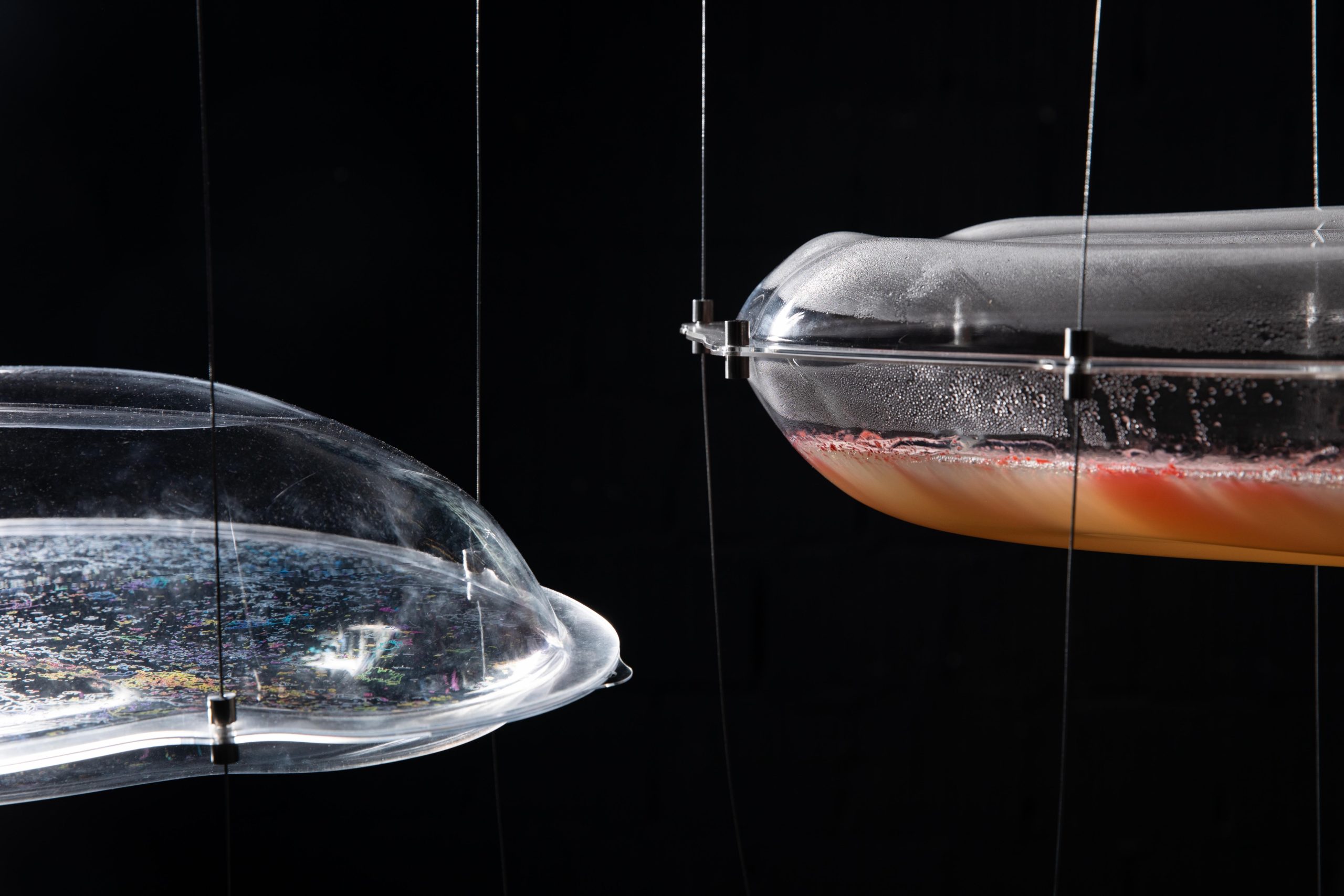Butrint: An ancient archaeological site changes the image of Albania – BBC News in Serbian
Once known as « North Korea of Europe », Albania rely on her millennia today old archaeological sites and a rich cultural heritage trying to change a picture of themselves in the world.
After the overview period, it is often said that the future needs to be turned.
However, 40 years after the death of the Communist Dictator of Enver Hoxho, Albania turns its distant past in many ways.
During the period of extreme isolation of the country since 1940s until 1991. year, religious facilities were imprisoned and many historical sights were neglected, and so Albania was nicknamed « North Korea of Europe ».
However, today Albania invests great efforts to emphasize its cultural heritage by preserving the natural landscape and accepting its ancient roots.
One such examples are the ruins of the city of Butrint, near the border with Greece, more than 2,500 years old.
The site, which is believed to originate from about 800. Before Nova era, long at the center of the Western world, survived conflicts, absorbed different cultures, and left multilayer traces of research history.
He probably was originally Greek polis before the Romans won him and made a busy city with Terme.
Later, the seal also left Byzantium and the Ottoman Empire.
The history of Buttrinta depicts political reversals in the Mediterranean and its many cultures and religions that shaped today’s Albania.
« (Butrinth) was in 1992. year in Albania, entered on the World Heritage List of UNESCO, the United Nations Education, Science and Culture, » says Casa Head of the BBC Travel Show.
« (This place keeps) part of a rich cultural history that they did not baste shadow events during the last century ».
Today, the spacious ruins of this city are part of the Buttrinta National Park, which includes 93 square kilometers of awarded coastal area.
1,200 different plant and animal species live in the park.
Visitors can explore the remains of anitical amphitheater, are admirable with early Christian monuments, and then walking for wooded hills or cruise nearby Lake Buttrinta.
Protection and ruins and the surrounding park is the result of a common effort of an organization like the Buttrinta Foundation and the World Monument Fund.
The donations of these constries helped that Butrinth is restored and protecting its natural environment, and at the same time, training was provided in the field of historical sites, which opened so much necessary jobs in the local community.
« In the last 30 years, the struggle for the protection of beauty and history of Butrint, originally because he was neglected after the fall of communism … but also due to investors who tried to build around the site », Ani Tara, the director of the BUTRINTA National Park, said for the BBC.
Butrint is not the only place in Albania that has been updated.
In the capital Tirana, 278 kilometers north of Buttrinta, many monuments from the Age of Enver Hodge were demolished to give place a place with new public spaces.
For example, Skenderbeg’s square, which used to be full of monuments dedicated to the communism and power of hodge, today is the largest pedestrian square in the Balkans.
And the imposing tyrannical pyramid, which used to be a museum dedicated to the hodza, was turned into a park and a garden with sculptures and provides panoramic view of the city.
Art also helped Albanians release the past and devise a new national identity in different ways.
For example, programs such as the annual drama festival in the ancient stone amphitheater in Buttrinth, they contributed to the local population to be proud and a sense of history.
« At first, they were noisy, they did not understand what actually happens and stole were paddles from the seat, » Tara says.
« But in five years, the local population began to dress for the festival, no one real a noise, everyone respects the theater, and no longer steal pads.
« Why? Because the culture (this place) regained them and gave them a sense of pride ».
The BBC in Serbian is from now on and on the morning, follow us Here.
Follow us on Facebook, Twitter, Instagram, Jutjubu and Vajiberu. If you have a topic suggestion for us please contact (Email Protected)







